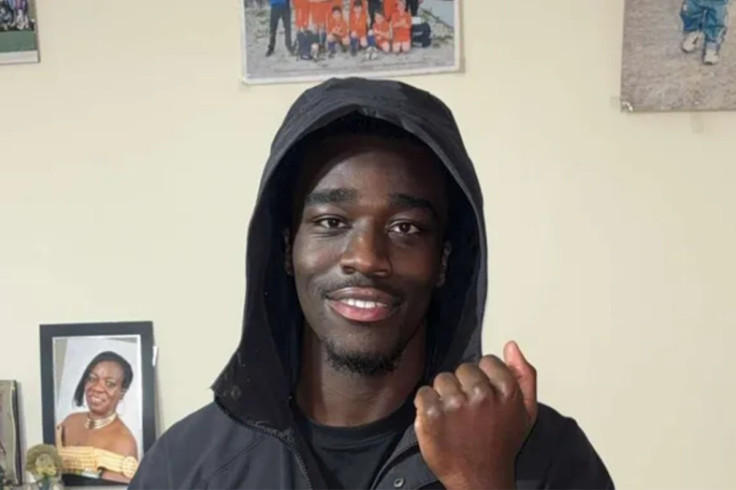999 Responders Dismissed Manchester Student's Emergency Call and Told to 'Drink Paracetamol' - Hours Later, He Is Dead
Brother says tragedy raises questions over 999 response protocols

A 20-year-old student from Manchester Metropolitan University has died after allegedly being told by 999 responders to drink paracetamol instead of being sent an ambulance. The victim, identified as Joshua Adiefeh, was found unresponsive in his student accommodation just hours after the call for help was made.
The incident occurred earlier this month in Manchester, where Joshua, a first-year Accounting and Finance student, reportedly began suffering from intense stomach pain. His twin brother, Joel Adiefeh, contacted emergency services as Joshua's condition worsened, but he said they were told to take paracetamol rather than being offered immediate medical assistance.
Who Was Joshua Adiefeh?
Joshua, originally from Bestwood in Nottingham, had recently started his first term at Manchester Metropolitan University. Friends and family described him as 'one of the fittest and healthiest people', ambitious, and full of energy. According to his brother Joel, Joshua was healthy and had no known medical conditions.
Joel also expressed disbelief that his brother was advised to take paracetamol after calling for emergency assistance, and said the family wants answers about how the situation was handled.
Joshua's death has left his family and friends devastated, and tributes have poured in from fellow students and the local community.
Emergency Call and Timeline of Events
According to BBC, Joshua complained of abdominal pain in his student flat before his condition rapidly deteriorated. When his brother contacted emergency services, the 999 operator allegedly advised him to take paracetamol for the discomfort rather than dispatching an ambulance immediately.
Hours later, when his symptoms worsened, emergency responders were finally called again. Paramedics arrived at his accommodation but found Joshua unresponsive. Despite attempts to resuscitate him, he was pronounced dead at the scene.
The incident has raised serious concerns about emergency response protocols and whether the initial call was properly assessed under NHS triage procedures.
Family Seeks Answers After Tragic Loss
The Adiefeh family are now demanding a full investigation into how Joshua's emergency call was handled. They believe the initial response may have delayed potentially life-saving treatment. A GoFundMe page has been launched to help with funeral costs and to raise awareness about the case.
The family have also urged for better awareness and training among emergency call handlers to recognise when stomach pain could indicate a serious underlying condition such as appendicitis or sepsis.
The North West Ambulance Service (NWAS) has not yet confirmed the details of the emergency call but is expected to review the circumstances surrounding Joshua's death. The cause of death has not yet been officially confirmed pending the results of a post-mortem examination.
Concerns Over 999 Call Protocols
Health professionals have raised broader questions about how 999 calls are triaged in the UK. Under NHS guidance, abdominal pain is sometimes categorised as non-urgent unless accompanied by red-flag symptoms such as vomiting blood, chest pain, or breathing difficulties.
However, experts warn that serious medical conditions can develop rapidly, even in young, otherwise healthy individuals. The case has reignited debate over whether call handlers receive sufficient medical training to spot early warning signs of critical illness.
© Copyright IBTimes 2025. All rights reserved.




















